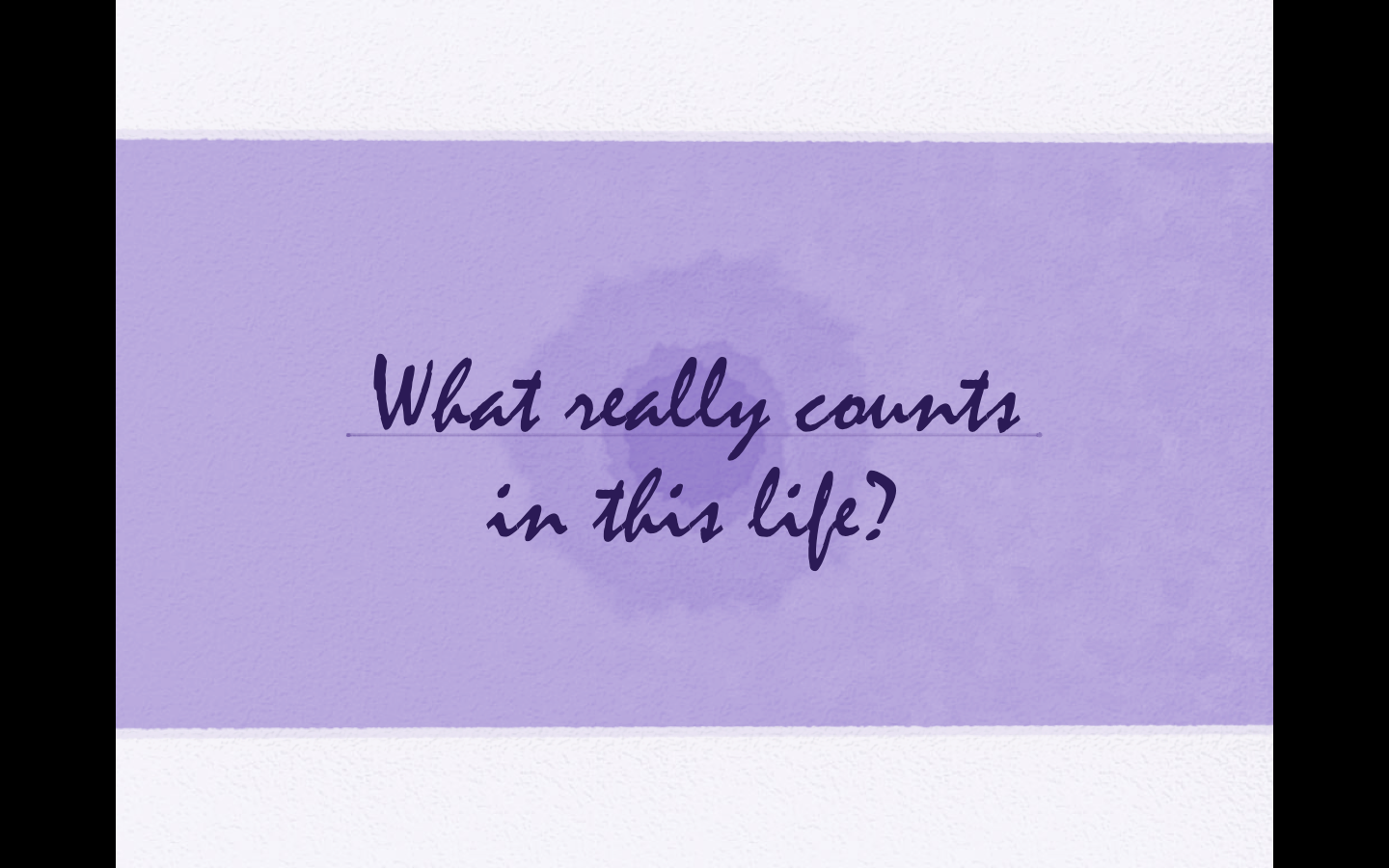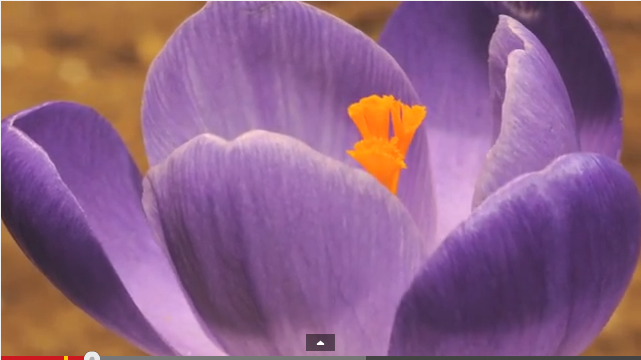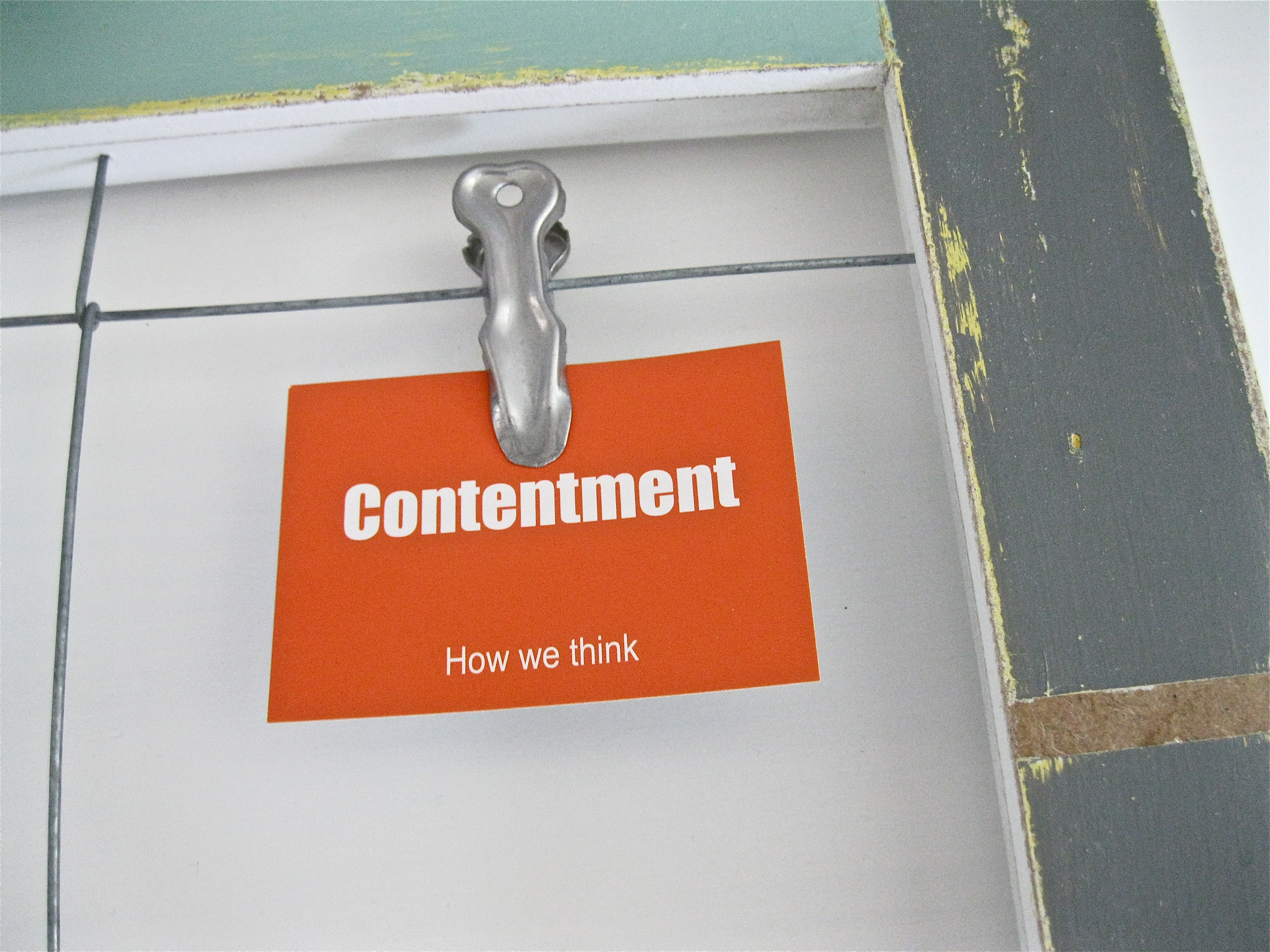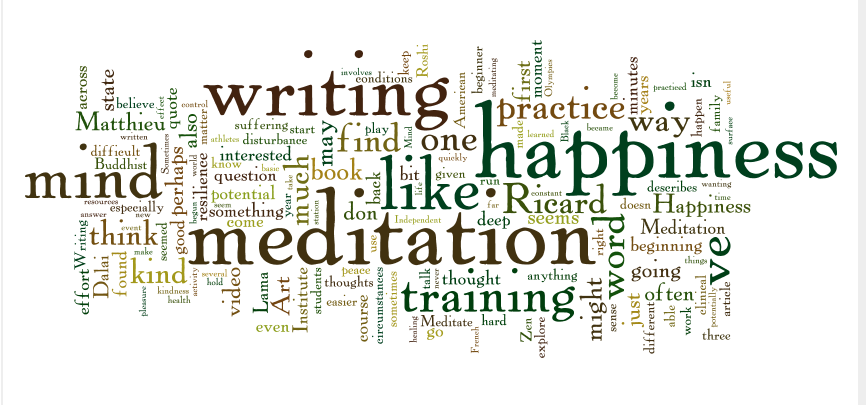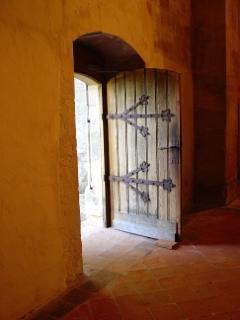Writing and Healing Prompt: A Poem and a Meditation
________________ “Hurry” by Marie Howe We stop at the dry cleaners and the grocery store and the gas station and the green market and Hurry up honey, I say, hurry hurry, as she runs along two or three steps behind me her blue jacket unzipped and her socks rolled down. Where do I want her to hurry to? To her grave? To mine? Where one day she might stand all grown? Today, when all the errands are finally done, I say to her, Honey I’m sorry I keep saying Hurry— you walk ahead of me. You be the mother. And, Hurry up, she says, over her shoulder, looking back at me, laughing. Hurry up now darling, she says, hurry, hurry, taking the house keys from my hands. ________________ “Meditation: Make the Best Possible Use of Time” by Matthieu Ricard Contemplate the passage of seasons, of the days and months, of each moment, and the changes that affect every aspect of the life of beings. Then think about death, which is inevitable but whose time is uncertain. Who knows how much time you have left to live? Even if you live into old age, the latter part of your life will pass just as fast as the beginning, if not faster. So you need to consider, in the deepest part of yourself, what really counts in this life and use the time left to you to live in the most fruitful way possible—for your own sake and others. If you have the wish to meditate and develop your inner qualities, it is never too soon to start. Some questions: What really does count in this life? How can we weave this glimpse of what counts into our ordinary lives? And how can we maintain some sense of humor about it while we’re doing so? ___________________________________________________________________________ The poem, “Hurry,” by Marie Howe is from her book, The Kingdom of Ordinary Time. The meditation is from the book, Why Meditate? by Matthieu Ricard, which can be found here. You can learn more about Matthieu Ricard and his work at matthieuricard.org and at karuna-shechen.org...
read more
